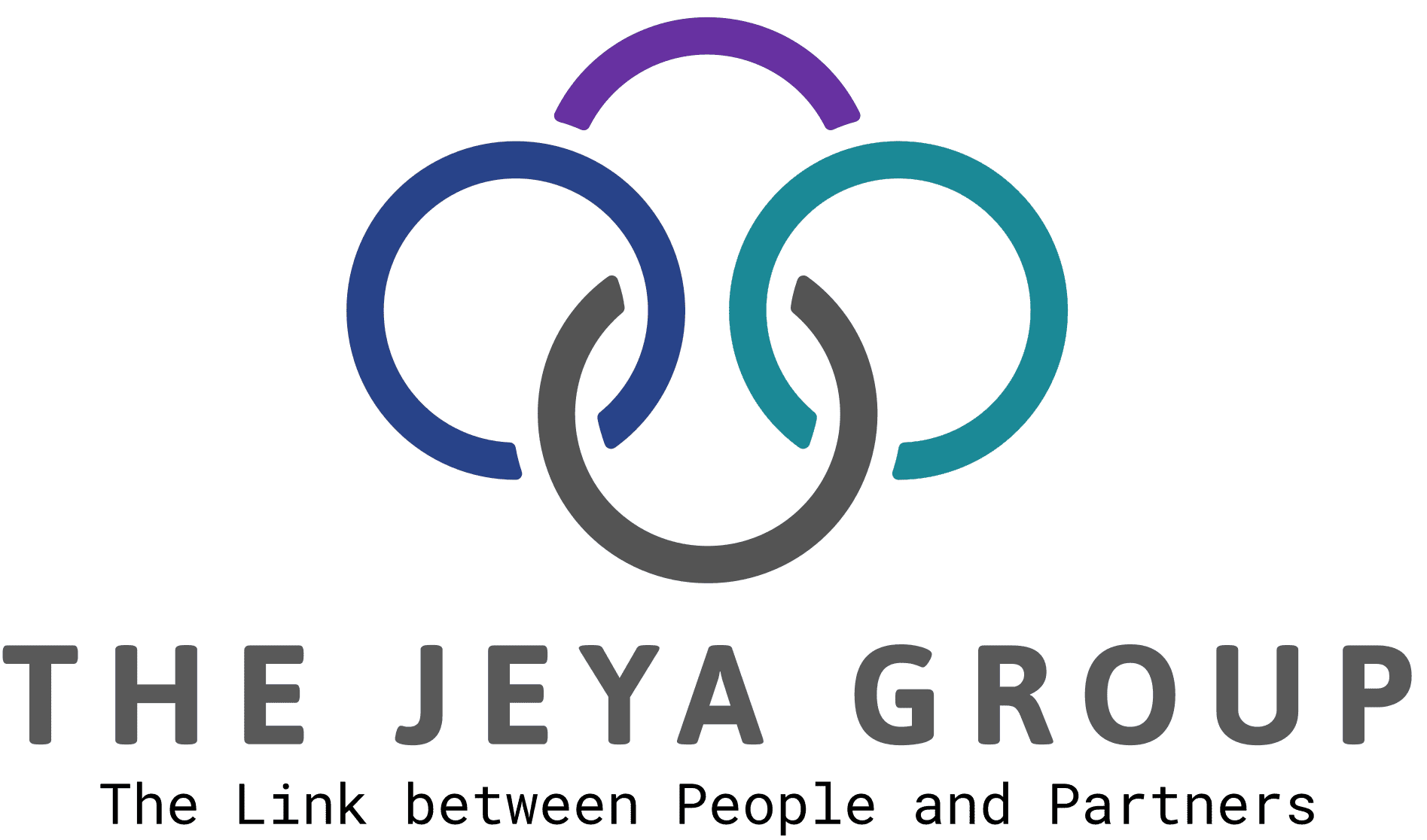
 When I graduated from college with a degree in electrical engineering, that was the only credential I could use to market myself to prospective employers. In an ideal world, employers would have gotten to know me and determined that I had potential to do many things, tested me to define my talents and motivations, and established an individualized development plan that would launch me onto a path to become “the best that I could be” in their organization. Unfortunately, the world was not ideal then and still is not.
When I graduated from college with a degree in electrical engineering, that was the only credential I could use to market myself to prospective employers. In an ideal world, employers would have gotten to know me and determined that I had potential to do many things, tested me to define my talents and motivations, and established an individualized development plan that would launch me onto a path to become “the best that I could be” in their organization. Unfortunately, the world was not ideal then and still is not.
I was stereotyped (branded) as an engineer and hired to do a job that engineers do. I succeeded, so I was given opportunities to make more money and get promotions by doing more engineering stuff. But, seven years out of college, I was a registered professional engineer who was burnt out on engineering… and decided I needed a change. I proactively moved into HR training and development (training engineers), then into marketing, then into sales.
The point of all this is that, had I been passive and let my employers lead me in my career, I would have gotten “stuck” in a sequence of engineering roles. I would have had far less autonomy, enjoyment and income.
So, I want to propose to you a pretty disruptive (but, for many, necessary) challenge to your status quo: Choosing a profession and sticking with it may be a bad strategy for your future happiness and income. Here are five reasons your current profession may be hurting your career…
- You are in a profession that does not match “you”. With thousands of possible choices and the vast majority of people not having insightful guidance, it is highly likely you are not even close to being in one that is an excellent fit.
- You are in a profession that has poor prospects for the future. Face it. Your entry level customer service job at the local bank branch is never going to get you very far.
- Your profession doesn’t allow you to grow your career. Sitting in a call center answering customer complaints will isolate you from others who could help you in your career. It will also numb your mind.
- You are in a profession that is associated with a depressed or dying industry. All of my corporate career was in the telecom industry and (other than mobile) that industry has been in trouble for over a decade, so becoming an expert could be career-limiting.
- You are in a profession/industry that is not well respected. Even if you are the top producer in your state for Amway, I am still going to start itching if I have to sit and listen to your pitch about becoming one of your “down-lines.”
As mentioned in Chapter 3 of Fast Track Your Job Search (and Career!),
A survey by The Conference Board indicated that employee job satisfaction dropped from 61% in 1987 to 45% in 2009. This has been an ongoing trend. I believe that two major factors contributing to job dissatisfaction are self-limiting beliefs and mismatches with current professions.
It’s hard to correct counterproductive beliefs in a 600 word blog post, but getting you thinking about your choice of profession just might be within my power. I hope so, because the vast majority of people I meet are in a profession that is not a strong match.
Sometimes people who are unhappy in their work are in the wrong culture, working for the wrong type of boss, or at the wrong level in the organization. For many, though, they are in the wrong profession. If you have some doubt, then I hope you will rethink your choice (if it was a choice at all) of profession and begin considering new options. Good luck and best wishes!





